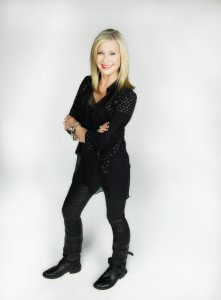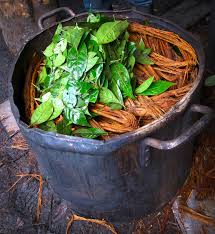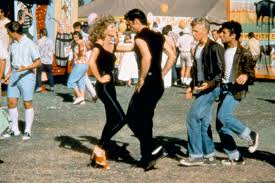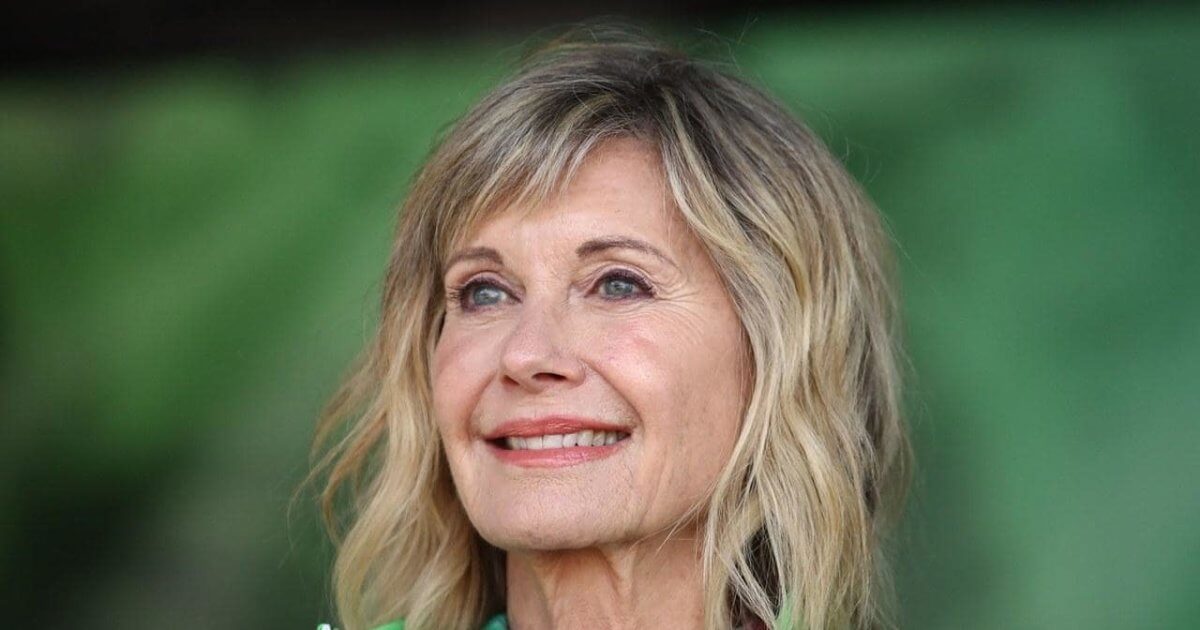Beloved singer and actress Olivia Newton John wants her own cancer journey to inspire others — and says she wants to do her part by evangelizing for the use of marijuana to alleviate pain related to cancer surgery.
She’s also expressing her general optimism for seeing the light at the end of the tunnel when it comes to the war on cancer. This despite her decades long battle with breast cancer, which has spread to the bones in her lower back.
Read More
While ayahuasca is illegal in the US and doctors strongly recommend against Americans traveling to Central America to take part in controversial rituals involving the brew, Newton John said the ayahuasca helped treat her cancer-related depression (she does not advocate its use as a cancer treatment). She was first given a few sips of the potion a decade ago by her future second husband, John Easterling, and says it gave her a vision of John and herself living together in a past life in the time of the Incas.

“I think it was meant to be, my body needed it. It re-calibrates your brain. I had been depressed, in an emotional crisis for around two years, but I came out of it feeling as though my mind had been washed,” she said.
Newton-John now regularly uses medical marijuana, which her husband gives her in the form of drops. She’s become a passionate advocate of using marijuana to relieve pain associated with cancer treatment.
“Opiates kill people. Cannabis doesn't; it does amazing things. It helps me with the pain, the anxiety, the sleeplessness … ” she said.

SurvivorNet's doctors do not support using ayahuasca, but they do agree that marijuana (which is completely different from ayahuasca) can be helpful for pain relief during cancer treatment, but that patients should talk to their doctors before using it, as it can also cause complications with some traditional treatments. Our doctors also agree that marijuana is never a substitute for traditional cancer treatment, but may be used as part of an "integrative therapy," meaning coupled with traditional treatment with approval from the patient's oncologist.
"I have no problem with patients getting marijuana from a reputable, licensed source as long as patients are open with their physician about what they're taking, and making sure it doesn't interact with any clinical trial drug that they're taking or any standard therapy," says Dr. Elizabeth Comen, a medical oncologist at Memorial Sloan Kettering Cancer Center. She was not discussing Newton John’s case.
Dr. Junella Chin, Integrative Cannabis Physician at MedLeafRX, describes her practice as a way to help with the pain and discomfort that can result from certain parts of cancer treatment. For example, sometimes she treats patients who are experiencing pain due to chemotherapy. "A chemotherapy patient usually comes to see me if they have nausea, if they have decreased appetite, if they have pain, if they have insomnia, and if they're depressed," she tells SurvivorNet.
As for Newton John, her cancer recurred in 2013 and again in 2017, when it was found to have spread to her sacrum (the bone beneath the buttocks) — meaning her cancer had progressed to Stage 4. The Australian hospital to which she was admitted last year was the very one she founded, the Olivia Newton-John Cancer Wellness & Research Centre in Melbourne. Newton John had happened to be in her home country of Australia for a film when her cancer-weakened pelvis fractured.

“I ended up playing the role of undercover boss,” she joked. But she was very ill. “Since I came out I have had to learn to walk again,' she said.
Newton John was emotional when she spoke about her decision not to tell her then-six year old daughter about her cancer. Her daughter, Chloe, now 33, found out about it from another child in the schoolyard. Newton John thinks this might be why Chloe would grow up to be an anorexic alcoholic and drug addict.
“Children sense what is going on. She felt something was wrong, that mommy was not well, and I think that might have led to her not trusting her own instincts in later life,” she said.
Earlier this year, Newton-John disclosed that she was undergoing radiation to treat her disease (as well as experimenting with diet changes and marijuana). She’s also been simplifying her life, selling two of her favorite properties in Southern California and Australia.
Her cancer journey has helped her, she says, to live in the present.
"When you have a cancer diagnosis it changes things. We all know we're going to die one day. We don't like to think about it, but one day we all will," she told the Herald Sun newspaper of Melbourne, Australia where the British-born actress and singer grew up.
"When you have a cancer diagnosis it just makes it more obvious that it could happen and it makes you much more aware of the present and that every day is a gift and that's how I live," she said.

In her interview with NBC News, she also discussed the ways that cancer sheds light on life's toughest realities. "I mean everyone does. I mean we're all going to die, that's probably the hardest thing to accept as a human being, is that we know that."
"You can make your own reality," she said at the time, while talking about the effects of cancer on her outlook. "I kinda consider I've had a gift of extra time. I've lost people younger than me. So I'm very grateful. I'm 70 and I've had the most amazing life, and I have extra time. So, whatever that is, I'm grateful for it, and I'll just enjoy every day, and that's all you can do."
But she's also talked about the choices you can make when dealing with that fear. "Winning over. I think what you think creates your reality. So that's a decision, you have to make that decision. You know you can be a victim, or you can be a winner and enjoy your life," she said. "It hasn't been easy, of course. I mean I'm human and I go through fear and I go through all the things anyone going through or any other difficult diagnosis [does]. But it's a choice of how you deal with it. So I try to always deal with it in a positive way."
Learn more about SurvivorNet's rigorous medical review process.


